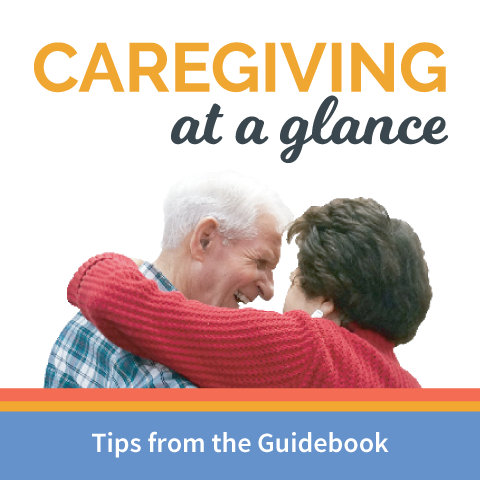
Sharing a meal means more to most people than simple nutrition. When life-long eating patterns change due to dementia, caregivers can easily be frustrated. Trying to meet nutritional needs can be challenging enough, while also missing the social needs that sharing meals once filled for both of them. Here are a few tips to try to make mealtime more successful.
- Streamline mealtime so that it’s as easy as it can be for you, the caregiver.
- If the person sits with the food in front of them without eating or eats some and then stops, try reminding them that the food is there, or gently tell them to take a bite of something on their plate. They may have forgotten they were in the middle of a meal.
- If it looks like the food is being played with but eating isn’t being accomplished, they may be losing their ability to use their silverware. Try making greater use of finger foods; almost anything can be wrapped in a piece of bread and made into a sandwich.
- If cutting food is a problem, cut it in the kitchen and offer it ready to eat on the plate.
- Offer only one utensil at a time if spoon, fork and knife are too confusing.
- Weighted silverware and plates with divided area or lips can be helpful for some people. Products are also available that prevent plates from sliding across the table at meal time.
- Sometimes you just have to help a person get started by holding the hand on the spoon, putting the spoon in the potatoes, and helping get it to the mouth. Once or twice with you doing it and the person may continue by themselves.
- If you have to feed the person, try to do it in a matter of fact manner and slowly. You may want to have a book to read or a recording to listen to in between mouthfuls since it can take a long time to chew up food and swallow it. Don’t try to force a person to eat, teeth can break and lips and gums can get injured.
- Soft foods and those easier to chew and swallow are often more acceptable than items requiring much chewing. Make liberal use of the blender and food processor, to minimize the need for chewing and to facilitate swallowing.
- Unless the doctor has told you to limit fluids, try to offer water, fruit juices and other clear liquids frequently. If night-time wetting is a problem, give fluids during the day and then limit them in the early evening. Try using straws for neater, more ample intake of liquids.
These are just a few tips from Caregiving at a Glance, our fingertip guide for families caring for a loved one with Alzheimer's. Techniques and strategies to empower caregivers address topics such as: troublesome behaviors, communication, eating, bathing and more, all compiled from families at Insight Memory Care Center. While each individual’s dementia journey is unique, we have found that using these techniques can empower you as a caregiver. Get your copy of Caregiving at a Glance!
Psst…we also want to let you know that we’re planning a special Caregiving at a Glance virtual workshop series for the fall. A small cohort of caregivers can learn from experts in the field – and each other! – as we work through the guidebook. Stay tuned for more details!




